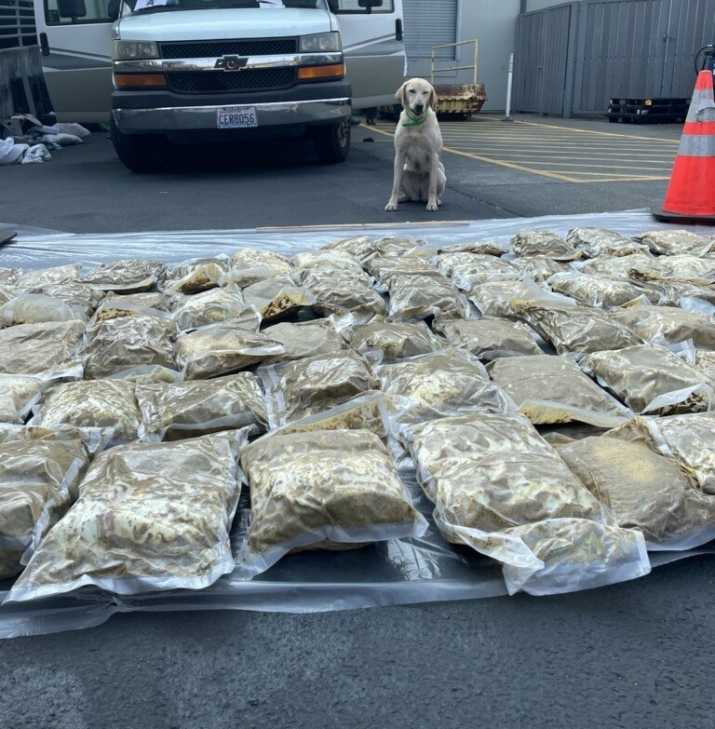
A recent drug bust in the Pacific Northwest shows that legalization of marijuana has not weakened the control of drug cartels in the area.
The U.S. Department of Justice reported last week that authorities arrested eleven people from “three significant drug trafficking groups responsible for trafficking more than 1,000 pounds of methamphetamine and hundreds of thousands of fentanyl pills.”
In a press release, the DOJ said,
“These individuals were bringing large loads of meth, heroin, fentanyl and cocaine from Mexico across the border and up I-5 to the Pacific Northwest,” said U.S. Attorney Brown. “Even when an RV loaded with drugs was pulled off the highway and seized by law enforcement, they weren’t deterred. The wiretap revealed various organizations continued to recruit drivers and vehicles to transport their drugs throughout our District.”
This story further underscores how legalizing marijuana and other drugs fails to weaken the drug cartels and organized crime.
Colorado was the first state to start selling recreational marijuana, but authorities seized more fentanyl in Colorado during the first five months of this year than in all of 2021. Legalizing marijuana did not help the opioid epidemic there.
Illegal marijuana farms reportedly have inundated Oregon and California despite the decision to legalize marijuana in those states.
According to news reports, Oregon has been inundated with illegal marijuana farms “run and controlled by multinational criminal organizations” — in other words, drug cartels and organized crime — tied to human trafficking, theft, and violence.
California created a legal framework for growing and selling marijuana in order to weaken drug cartels’ power in the state, but instead the illegal marijuana farms have expanded.
Legalizing marijuana simply creates more drug problems. Contrary to popular belief, legalization does not decrease drug-related crime, and it does not alleviate drug abuse. If anything, it seems to make those problems worse.
Articles appearing on this website are written with the aid of Family Council’s researchers and writers.




